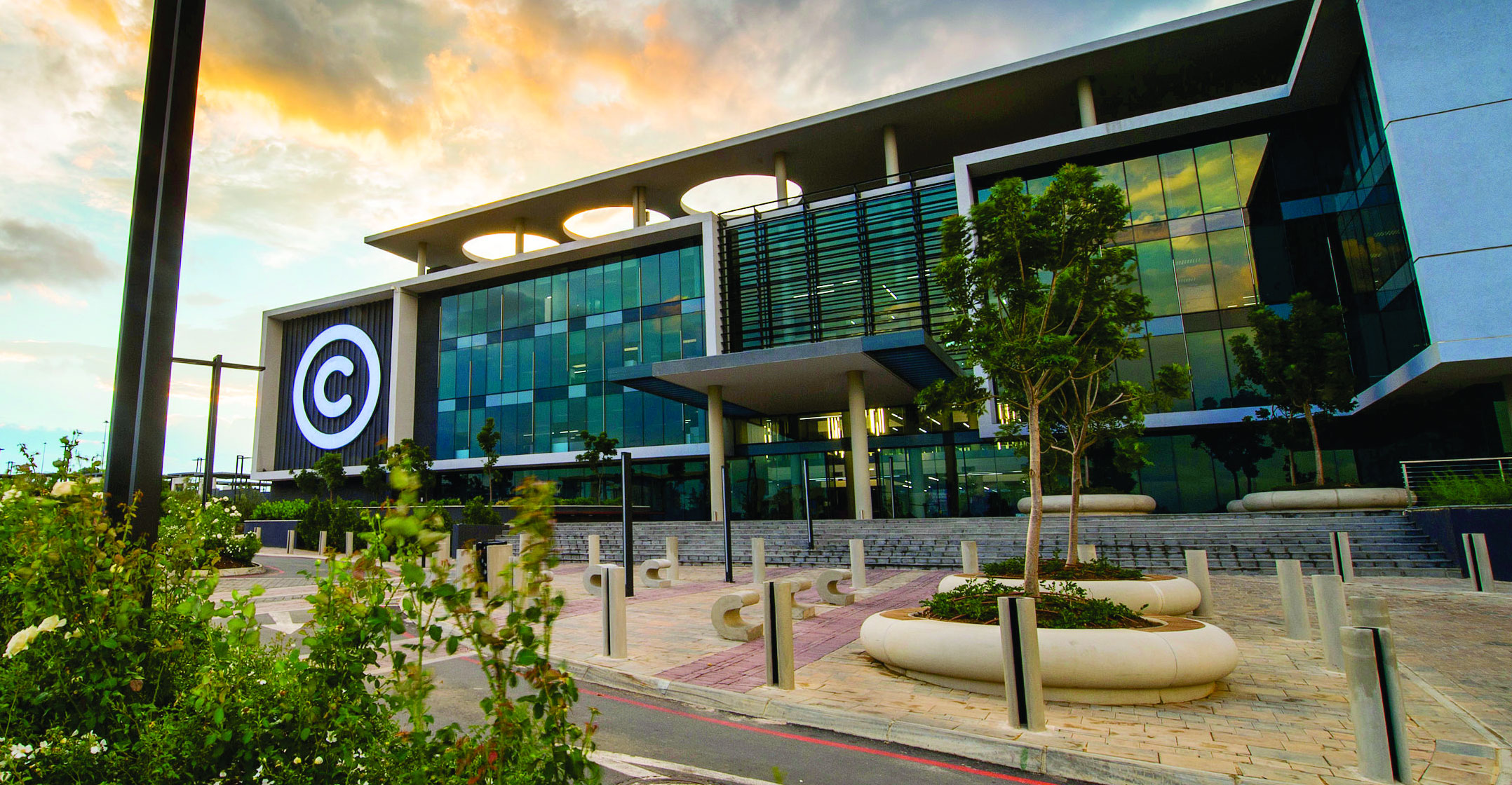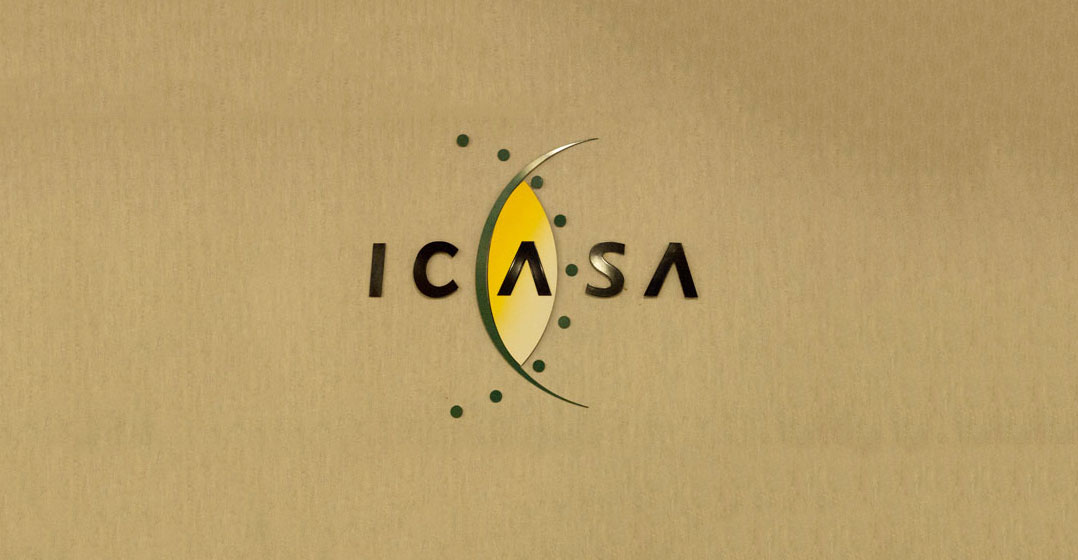
The recapitalisation of Cell C has hit a potential roadblock. Communications regulator Icasa late on Wednesday evening said the mobile operator may have failed to make the correct regulatory filings regarding the transaction.
Icasa said it appears there has been non-compliance with “legislative provisions” and is “taking taking external legal advice on the matter, including on appropriate enforcement actions it can take to ensure compliance”.
It said it had received a notification from Cell C regarding a “change of licensee information”.
“The authority has considered the notification and the preliminary view is that the Cell C recapitalisation transaction — on the face of it — triggers the provisions of section 13 of the Electronic Communications Act of 2005 and ought to have been filed as an application for change of control of the licensee.”
Under the recapitalisation, JSE-listed Blue Label Telecoms has acquired 45% of Cell C for R5.5bn; another JSE-listed company, Net1 UEPS Technologies, has invested R2bn.
But Cell C has said it’s “unclear” why Icasa has reached the conclusion it has without first having heard its position on the matter.
“Cell C has received extensive legal advice and is comfortable that the recapitalisation does not amount to a transfer of control that would have required approval,” it said in comments e-mailed to TechCentral on Thursday morning.
“Cell C is of the view that once Icasa, or whomever ultimately considers the transaction, has a proper understanding of it (which Cell C is at pains to provide), it will be clear that there has not been any transfer of control and that no approval is required,” it said.
‘Repeated requests’
It said Icasa has said this is a “preliminary view” and has not given the company any indication, “despite repeated requests”, why it has taken this stance or what process it is following.
“It is therefore difficult for Cell C to engage with Icasa’s views. Notwithstanding this, Cell C will submit detailed and extensive information to Icasa and welcomes the opportunity to engage further regarding this transaction that has ensured the survival of the company as a sustainable competitor in the sector, increased ownership by historically disadvantaged individuals and saved many thousands of jobs.”
Icasa’s move against the deal comes just days after Cell C’s black economic empowerment partner, CellSAf, again hit out at the recapitalisation, saying the restructuring is “non-compliant and faces a number of legal and regulatory hurdles”.
“Faced with regulatory and public scrutiny, the true motives and beneficiaries of the proposed transaction will be revealed. These revelations, combined with a series of violations of Cell C’s licence conditions and several South African laws and regulations, will likely capsize the deal, leaving its backers to rehabilitate their reputations and CellSAf to pick up the pieces at Cell C,” it said in a statement on 23 August.
It alleged the recapitalisation does not comply with various provisions of the Companies Act, the Electronic Communications Act and the Competition Act.
“The sponsors of the transaction have not complied with the mandated regulatory processes relating to changes in control of a licence, and they are therefore in breach of the specific requirements, regulated by Icasa,” CellSAf said.

“The sponsors have not complied with the requirements relating to a merger of this nature, and potentially face an investigation by the Competition Commission relating, inter alia, to the prior implementation of a large merger,” it added.
Blue Label has said previously that it has “disclosed everything that is required” of it in its various statements issued via the JSE’s stock exchange news service and in circulars to shareholders. — (c) 2017 NewsCentral Media




